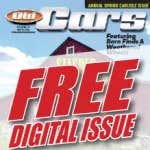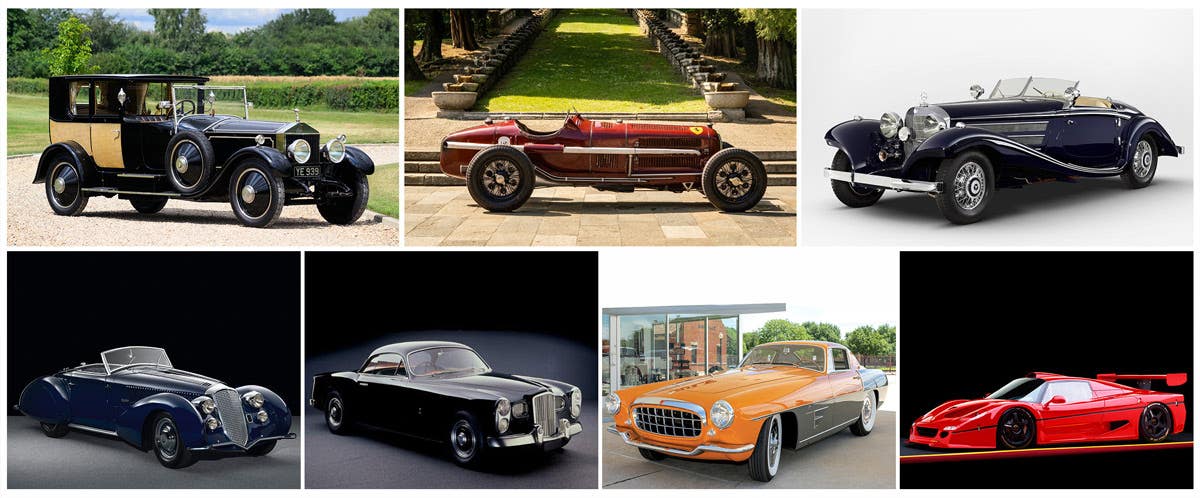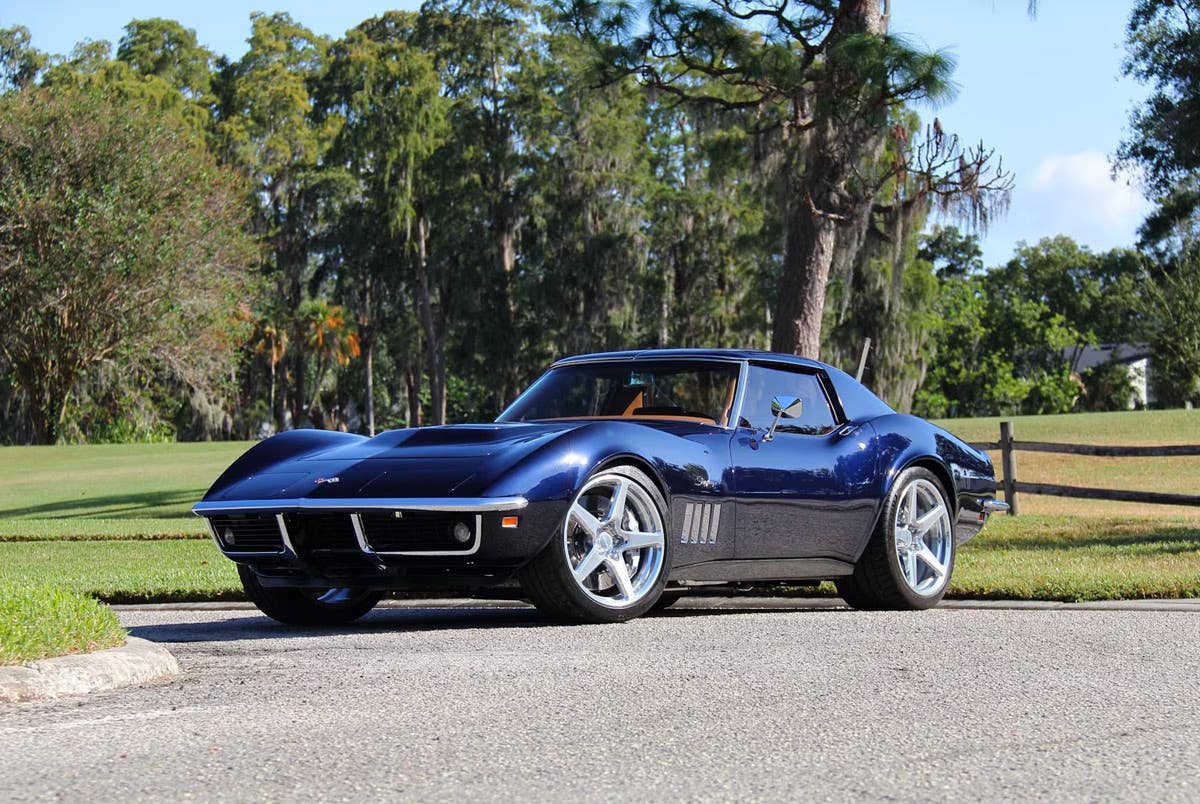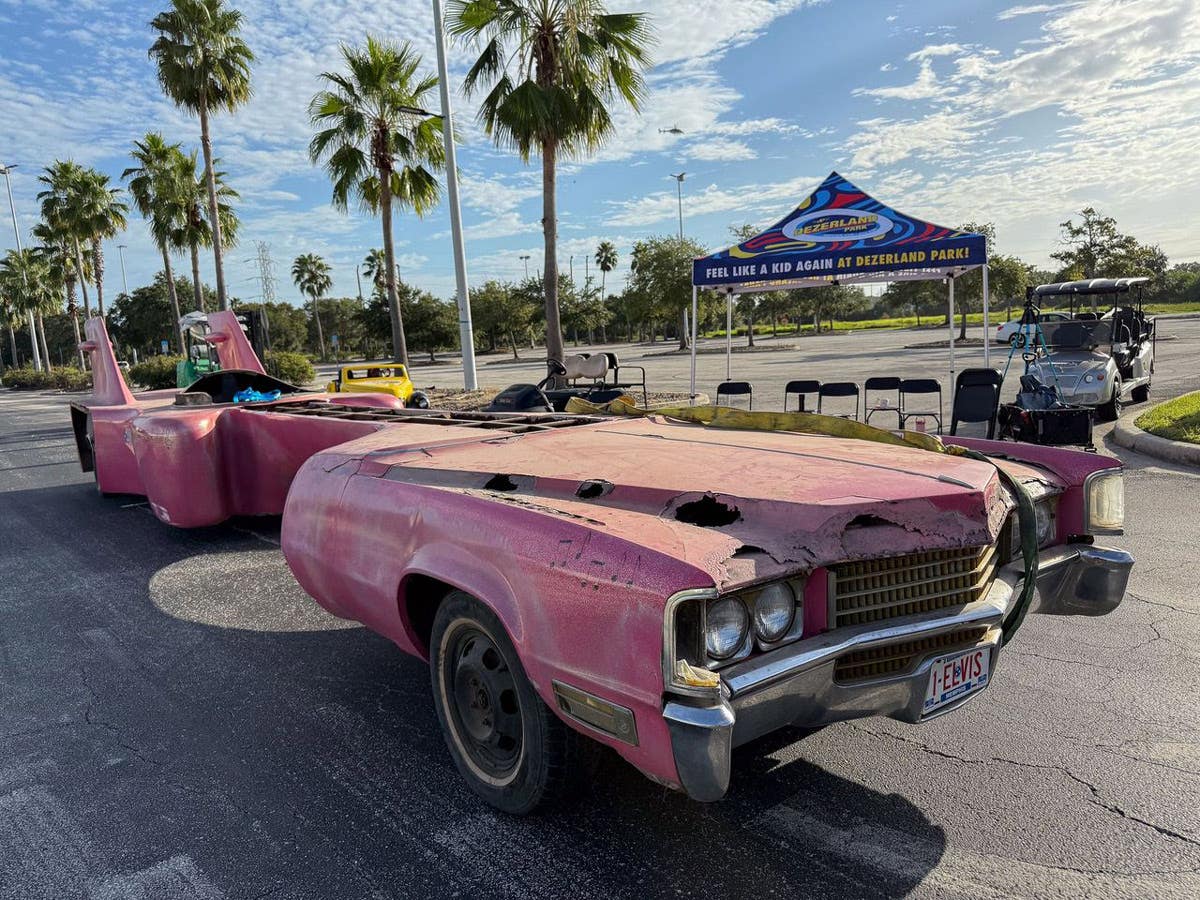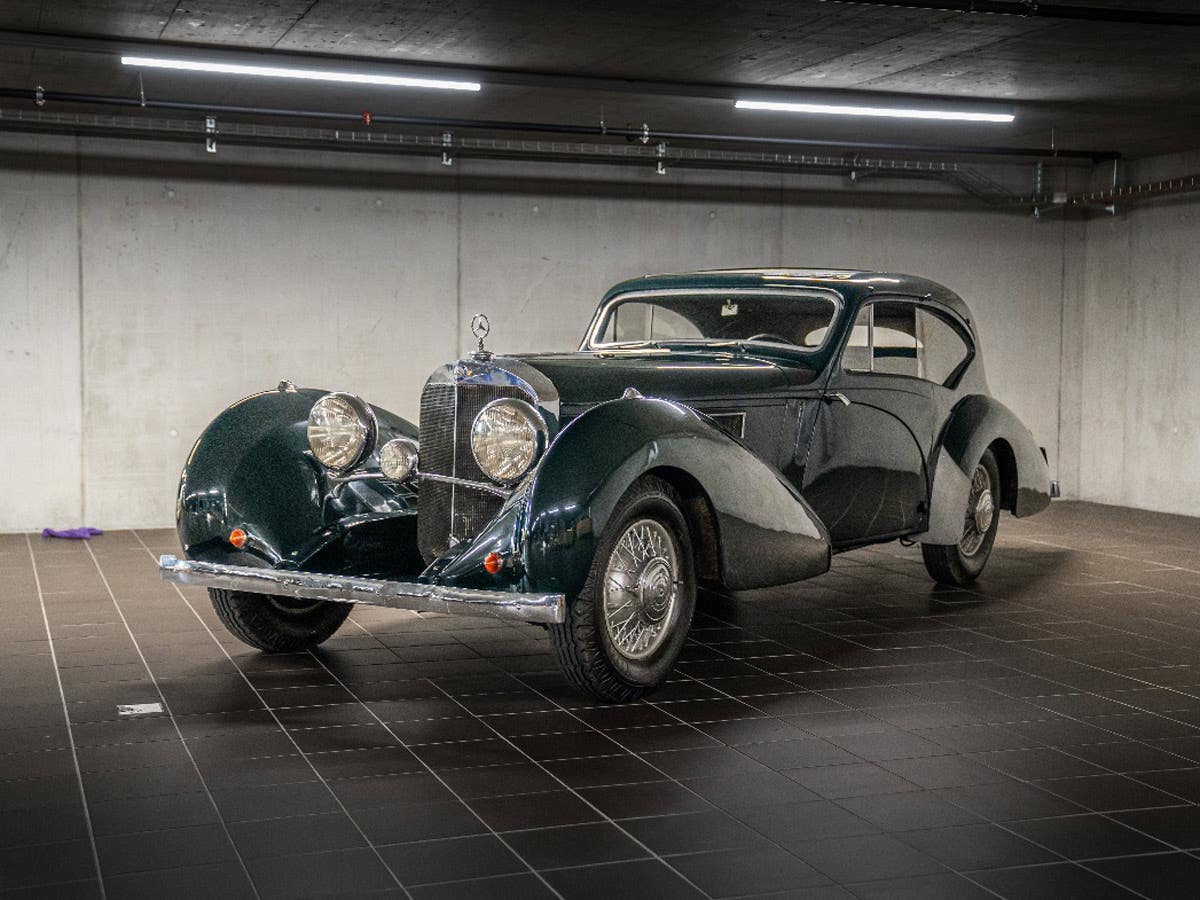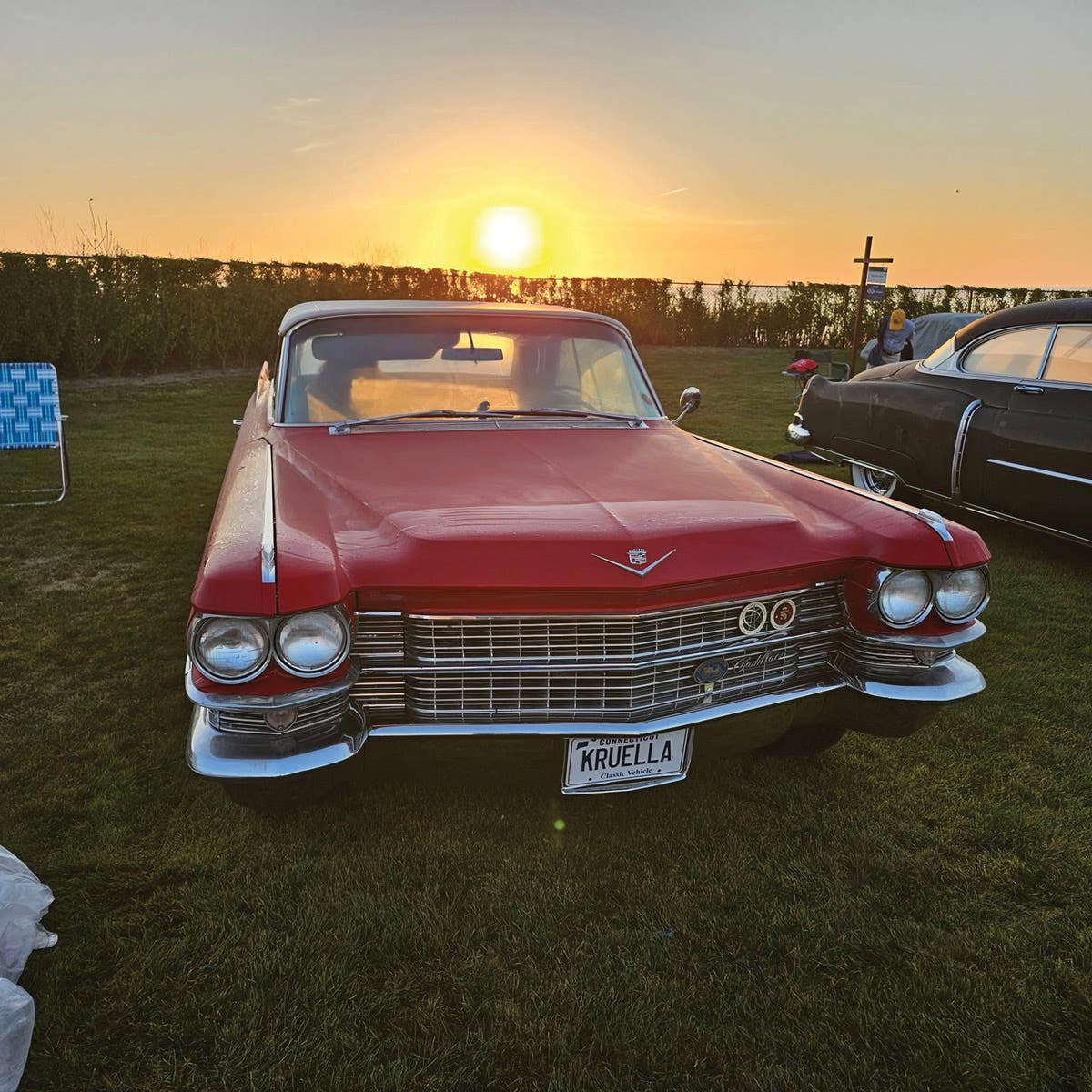Canadians to Can Classic Cars?
The government’s environmentally friendly bill, unveiled recently, pledges to reduce the province’s greenhouse gas emissions by 2013. If passed, vehicles older than 1995 will not be allowed to be imported to Manitoba for resale.
The Canadian government's proposed climate-change bill is starting to drive some classic car enthusiasts crazy.
"In 10 years, there could be a graveyard of stockpiled classics in Manitoba and that's no exaggeration," John Carlson, president of the National Association of Antique Automobile Clubs of Canada Corp. told the Winnipeg Sun newspaper earlier this week
The government's environmentally friendly bill, unveiled recently, pledges to reduce the province's greenhouse gas emissions by 2013. If passed, vehicles older than 1995 will not be allowed to be imported to Manitoba for resale, although antique and "classic" cars will be exempt.
While the bill clearly spells out it's environmental goals, many classic car enthusiasts are left wondering what the government's definition of a classic car will be, and who will decide it.
"Take the 1990-1994 Corvette ZR-1. It's highly collectible, but who exactly will decide its status?" he said. "It disturbs me that the government could just arbitrarily make a call."
A spokesman for Science, Technology, Energy and Mines Minister Jim Rondeau told the newspaper that the classic car jury had yet to be determined, but stressed the need for consultation with the industry.
Bob Chubala, chair of the Manitoba Association of Auto Clubs, told the newspaper that at this point, there is little need to worry.
"We're not panicking, as the legislation is more likely to affect the dealerships," he said. "We're already looking at car collector plates and when the time comes, we'll sit down with the government agencies."
Carlson believes antique license plate models used in B.C. could provide the driving force for Manitoba. The plates allow vintage vehicles more than 30 years old to be driven at special events such as parades, weddings and graduations.
According to Carlson, of these 8,500 licensed vehicles in 2007, less than 800 were insured to drive on a public road or highway and, on average, they racked up less than 650 km each.
"Most of these cars are fair-weather cars," said Carlson. "To obtain collector car status, you'd need to have registered another car for daily use.
It's not like you can drive to work or school in your classic."
